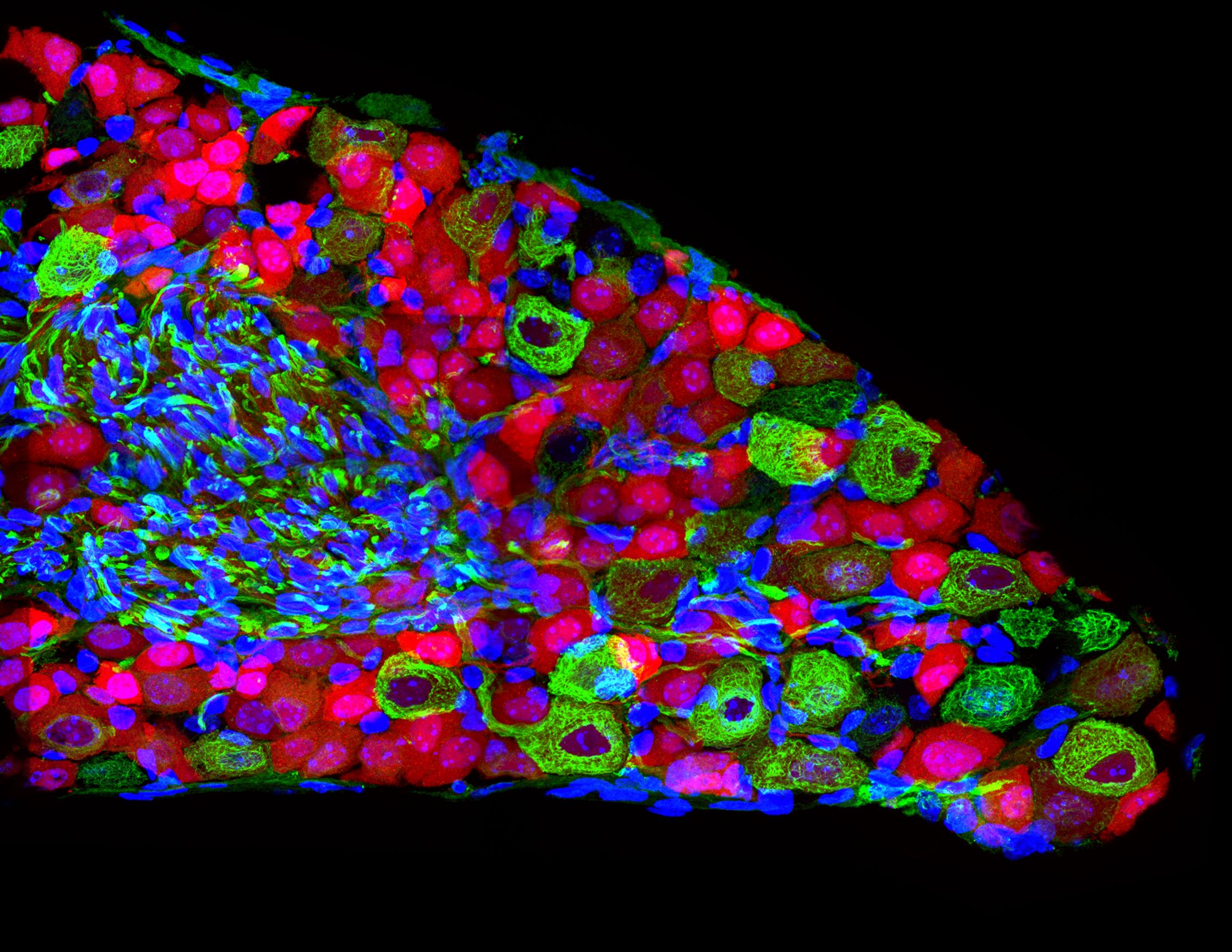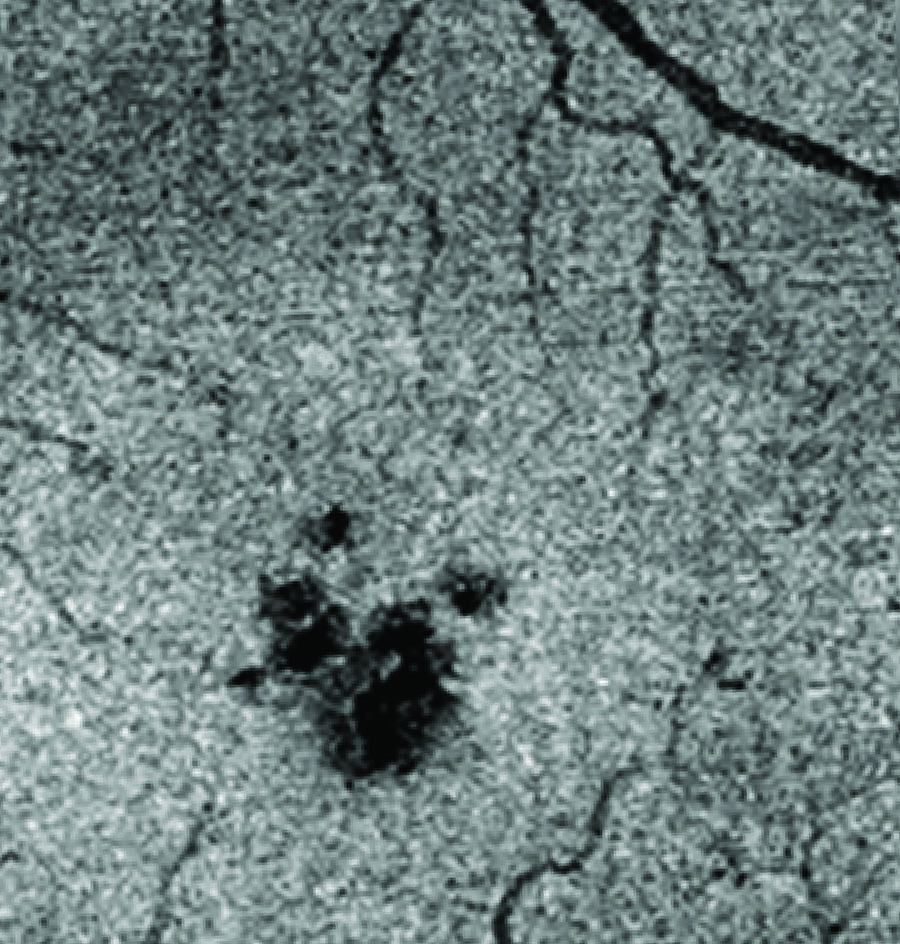The Lowy Medical Research Institute is dedicated to understanding the cause of MacTel and developing new therapies to treat or prevent the disease. To achieve these goals, LMRI has established a unique research program. It began in 2005 with the initiation of the MacTel Project, and has grown in scope over the last 10 years to accelerate the progress of research.
From the beginning, LMRI has pursued both clinical, or patient-based, research and laboratory research. As a rare disease about which little was previously known, both have been instrumental to the success of LMRI.
The foundation of LMRI’s clinical research program is the Natural History Observation Study and Registry. Through these programs, LMRI has engaged patients and learned about the disease. The clinical research program has expanded to include global clinical trials, sub-studies at clinics around the world, and an eye donor program.
The laboratory program is closely connected to MacTel clinical research. With access to blood and patient samples from the registry and eye donor program, as well as a growing database of patient images and observational data, LMRI-affiliated scientists have an unparalleled MacTel-specific data and tissue repository that drives their research. These resources have propelled the laboratory program, leading to insights in the genetics, metabolism, and retinal biology of MacTel.
As LMRI makes advances in MacTel research, we continue to bring in new collaborators, expanding and pivoting research in new directions. This unique flexibility and our global reach keep the Lowy Medical Research Institute at the forefront of MacTel research.



